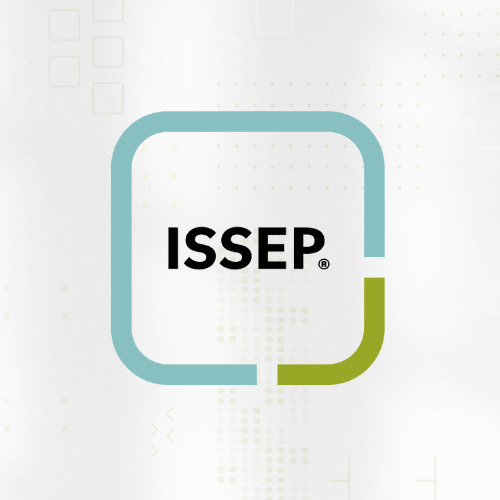You put in long hours, sleepless nights and bottomless cups of coffee into studying for an ISC2 exam like the CISSP or CCSP, only to find out you didn’t pass. While it’s normal to feel frustrated and disappointed, it’s important to move on and make plans for your next sitting. Look at it as a fresh start, and use it as an opportunity for learning, resilience and growth.
In this blog post, we’ll go over six tried-and-tested tips to help you come back stronger than ever for your next exam sitting.
- Take a moment to reflect. First things first, take a deep breath and allow yourself to process your emotions. It’s okay to feel upset, frustrated or discouraged, but don’t dwell on negative thoughts. Instead, reflect on your performance. Start by identifying your strengths, then consider the areas that need improvement. Self-reflection will help you create a solid plan for next time.
- Commit to your future success. Failing the exam is not the end of the road, it’s a steppingstone on your path to future success. ISC2 certifications earn their global reputation as premier credentials due in large part to their exam rigor. Case in point: CISSP is the most-requested security certification by employers at LinkedIn because they know the expertise it represents. Keep in mind, many successful cybersecurity professionals take their exams multiple times before passing. Persistence pays.
- Analyze your performance.Target your study strategy using the summary of your exam results provided by Pearson VUE. Once you’ve identified the domains that would benefit from further review, use the exam outline and go line by line to dive deep into the content. Home in on the topics and subtopics that proved challenging in your most recent sitting.
- Revamp your study approach. Don’t wait too long after your first exam to start studying and training for your next sitting. ISC2 Authorized Instructors recommend jumping back into your exam prep no longer than three months after your most recent sitting, while the content you previously learned is still top of mind. They caution that, if you wait more than six months to resume your exam prep, you run the risk of losing the knowledge you previously gained. To find the right fit for your learning needs, explore study resources and training options. ISC2 offers flexible Online Instructor-Led and Online Self-Paced Training to help you build the knowledge and confidence you need leading up to the exam. Instructors recommend using training or more intensive bootcamps as your last steps before your exam. They’re most effective when used to reinforce what you’ve already learned and to answer any questions. Take time to build your knowledge independently as well. From textbooks and study guides to interactive flash cards and study apps, ISC2 has the self-study resources that will support your learning.
- Seek support. Remember, you're not alone on this journey. Reach out to fellow exam takers, mentors or industry professionals through your local ISC2 Chapter and online in the ISC2 Community study groups. They know where you’re coming from and can offer valuable insights, study tips and moral support to keep you motivated. Remember, even superheroes have sidekicks! If you continue to have lingering questions, watch one of our Exam Ready webinars, where our expert panels answer common inquiries about the course content and exam. Another great resource to check out for study tips is our Exam Prep Hacked webinar.
- Embrace a growth mindset. Believe that you are capable of achieving your goals. Surround yourself with positive influences and motivational resources to keep your spirits high. Take the time right now to get your next exam on the calendar.* When you commit to a deadline, you create a clear timeline. And with your exam on the calendar, you’re on track to stay motivated. Book your exam now. You’ve got this! With a solid study plan, you’ll be well on your way to achieving your professional goals.
* Important exam retake information:
- If you don’t pass the exam on your first attempt, you may retest after 30 test-free days.
- If you don’t pass the exam on your second attempt, you may retest after 60 test-free days from your most recent exam attempt.
- If you don’t pass the exam on your third attempt and for all subsequent retakes, you may retest after 90 test-free days from your most recent exam attempt.
- For each certification, you may attempt to pass the exam up to four times within a 12-month period.


